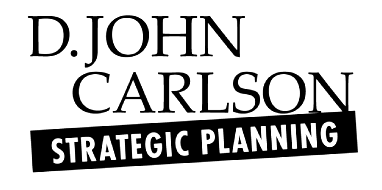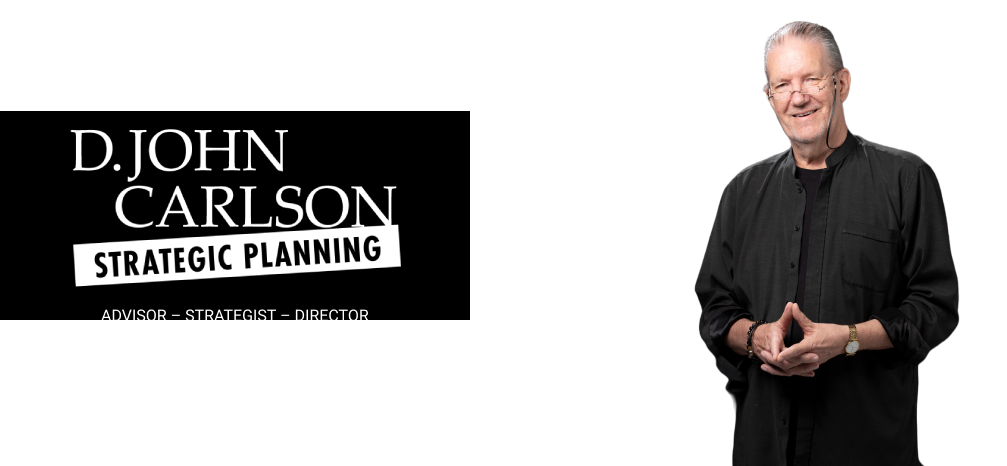While the correlation between corporate social responsibility and maximising return on investment varies from business to business, research certainly suggests that with most businesses there is a correlation.
Depending on the strategy, CSR can drive ROI or inhibit it.
Here are some thoughts to consider in assessing the value of CSR to your business>
- Corporate social responsibility and the triple bottom line are public relations constructs and more often than not bullshit
A business that engages in CSR and reports by way of the TBL for public relations purposes will more often than not be seen to be less than authentic, in an environment in which consumers increasing demand authenticity. If it is not authentic, don’t do it.
- The primary responsibility of any business or enterprise must surely be to maximise the return to shareholders or stakeholders – depending on the nature of the business
While I am no Friedmanite, I agree with Milton Friedman’s proposition that the primary responsibility of any business is to the people who own it and for other enterprises is the people it exists for. This responsibility is not however inconsistent with being socially responsible.
- Social responsibility can take a number of forms, including the traditional form of giving to the community and the more important form of doing business in an ethical manner
Many organisations, often for purely public relations reasons, make financial, in kind and other contributions to one or more causes with a view to securing a social licence. More strategic businesses start by ensuring that all business practises are considered by its audiences to be ethical.
- Ethical practise and giving back to the community are increasingly important to the community and will increasingly impact on business performance.
Increasingly well-informed consumers are becoming more and more demanding, especially in terms of the ethical practises of businesses and there is increasing evidence than unethical behaviour can impact negatively on sales and reduce the support of government due to a diminishes social license.
- Trust in business and business people is at an all time low, and trust is central to establishing a brand that can drive sales and margins
Recent research has found that business people rank just ahead of politicians and used car salespeople in terms of trust. Further the research suggests that this lack of trust, resulting for perceived unethical practises and poor CSR, is impacting on brand value and as such margins
- A business’s or enterprises brand is the key to maximising profitability in the short, medium and longer terms.
An organisation’s brand delivers the required social license to operate, attracts customers, facilitates higher margins, enables cross and up selling, attracts the best staff, helps to retain the best staff, helps to get the best out of staff and generally enhances productivity and profitability.
- Consumers will pay for an organisation to behave in a socially responsible manner so long as this is authentic and is demonstrated
A recent study found that up to 60% of consumers will pay more to buy a product that is ethically sound from a business that is socially responsible. Research has repeatedly demonstrated that consumers prefer to purchase from businesses they believe share their values.
- To be authentic ethical business practises and socially responsible community relationships must be real and part of the overall business plan
The community will penalise harshly business that talk the talk without walking the talk. To be authentic and walk the talk, businesses must make ethical business practises and social responsibility into their business plan and ensure they are consistently demonstrated.
- It is the market and the businesses audiences that determine what is and si not ethical and socially responsible.
It is not the business that determines what is ethical – but rather the buyer. It is not the business that determines what is socially responsible, but rather the individuals delivering the social license. An organisations brand is what its audiences say about it when the organisation is not present.
IF YOU WANT TO KNOW MORE – CLICK HERE to attend the WEBINAR

